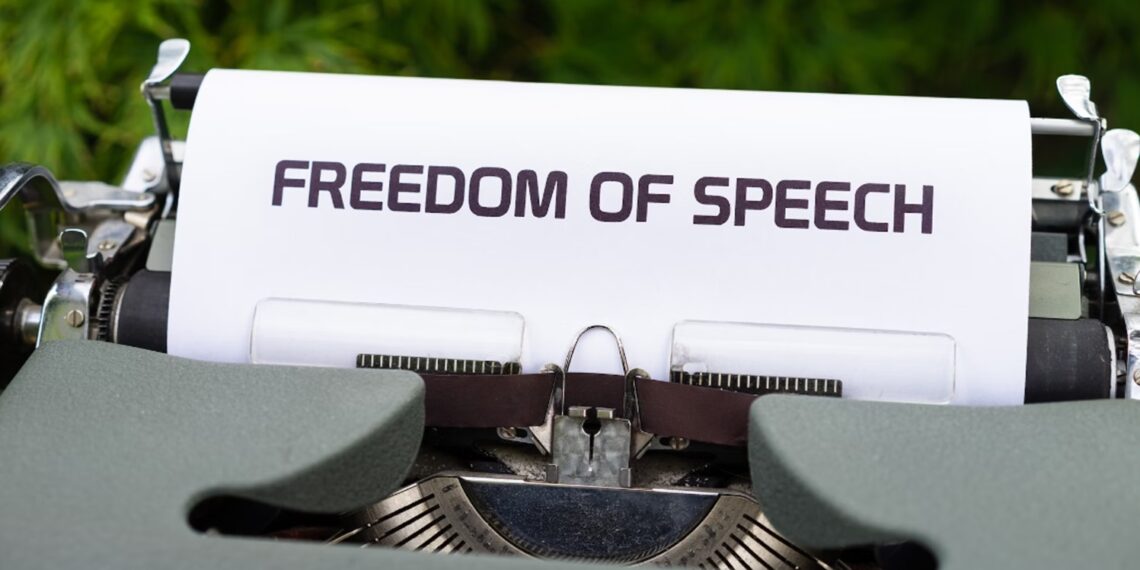In a submission to the Ministry of Information and Broadcasting on Friday, the India Freedom of Expression Initiative (IFEI), a consortium of NGOs, denounced the Broadcasting Regulation Services Bill, 2023 (BRSB, 2023), labelling it as India’s “Censorship Code”.
The IFEI criticised the Bill for attempting to “stifle” social media users by applying strict regulations to individuals broadcasting news and current affairs, including social media platforms.
According to Suhas Chakma, Coordinator of the IFEI, the bill raises concerns about transparency and fairness in India’s electoral process.
“Even though the Press and Registration of Books Act of 1867 and its new proposed incarnation, the Press and Registration of Periodical Bills, 2023 passed by the Rajya Sabha on August 3, 2023 allow the state governments, political parties and other stakeholders to own/run press and periodicals, Section 4(2) of the BRSB, 2023 prohibits state governments, political parties, and other stakeholders from registering as broadcasters or broadcasting network operators,” he said, in a statement.
Chakma highlighted that the BRSB, 2023 lacks an appropriate appellate authority, contrasting it with existing provisions in the Press and Registration of Books Act, 1867 and the Press and Registration of Periodicals Bill, 2023.
The absence of an independent appellate body, according to Chakma, allows the government to review its own orders, undermining the principle of checks and balances.
One of the most contentious aspects of the BRSB, 2023, identified by the IFEI, is Section 20.
“Section 20 of the BSRB, 2023 is the most draconian provision as it brings any person, whether an industrialist owner of a broadcast network or individual social media user, who broadcasts news and current affairs programs through an online paper, news portal, website, social media intermediary, or other similar medium under the ambit of the Programme Code and Advertisement Code,” the statement read.
Additionally, the IFEI expressed concern about Section 31, which grants authorities the power to seize and confiscate all instruments.
The expansion of seizure powers under the BRSB, 2023 is considered excessive and has the potential to shut down broadcasting services.
The IFEI also criticised the severity of punishments outlined in the Bill, including imprisonment for up to two years for the first offense and up to five years for subsequent offenses.
The organisation argued that these punishments far exceed those stipulated in existing laws.
Moreover, the IFEI accused the government of rewriting libel laws, making them more stringent than those in Singapore.
“The bill imposes a fine of Rs 50 lakh for copyright violations, a figure considered excessive and lacking rational classification,” the statement read.
Chakma asserted that the BRSB, 2023 fails to provide an intelligible or rational classification between print and broadcasting media, posing a threat to freedom of expression guaranteed under Article 19 of the Indian Constitution.















